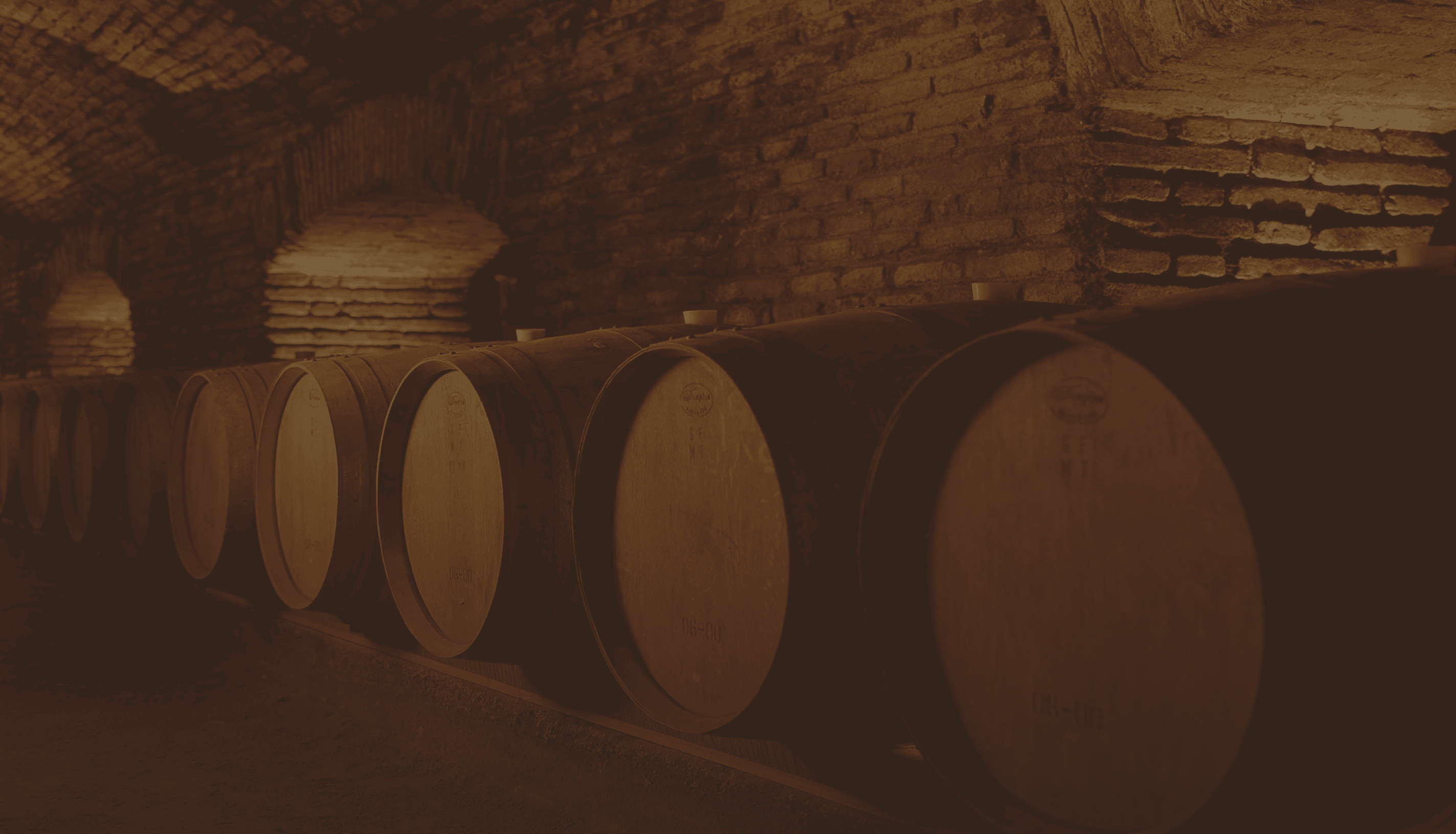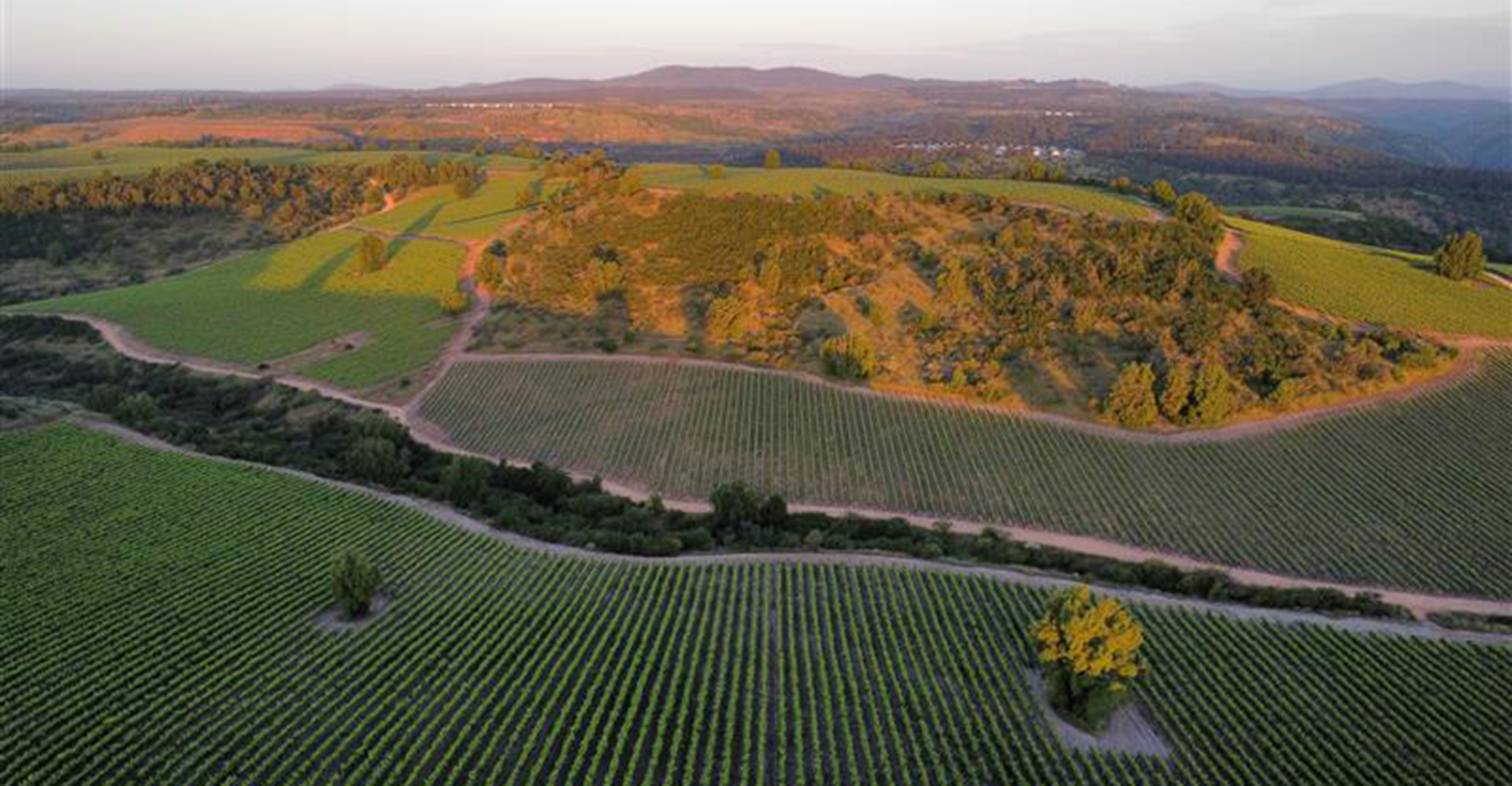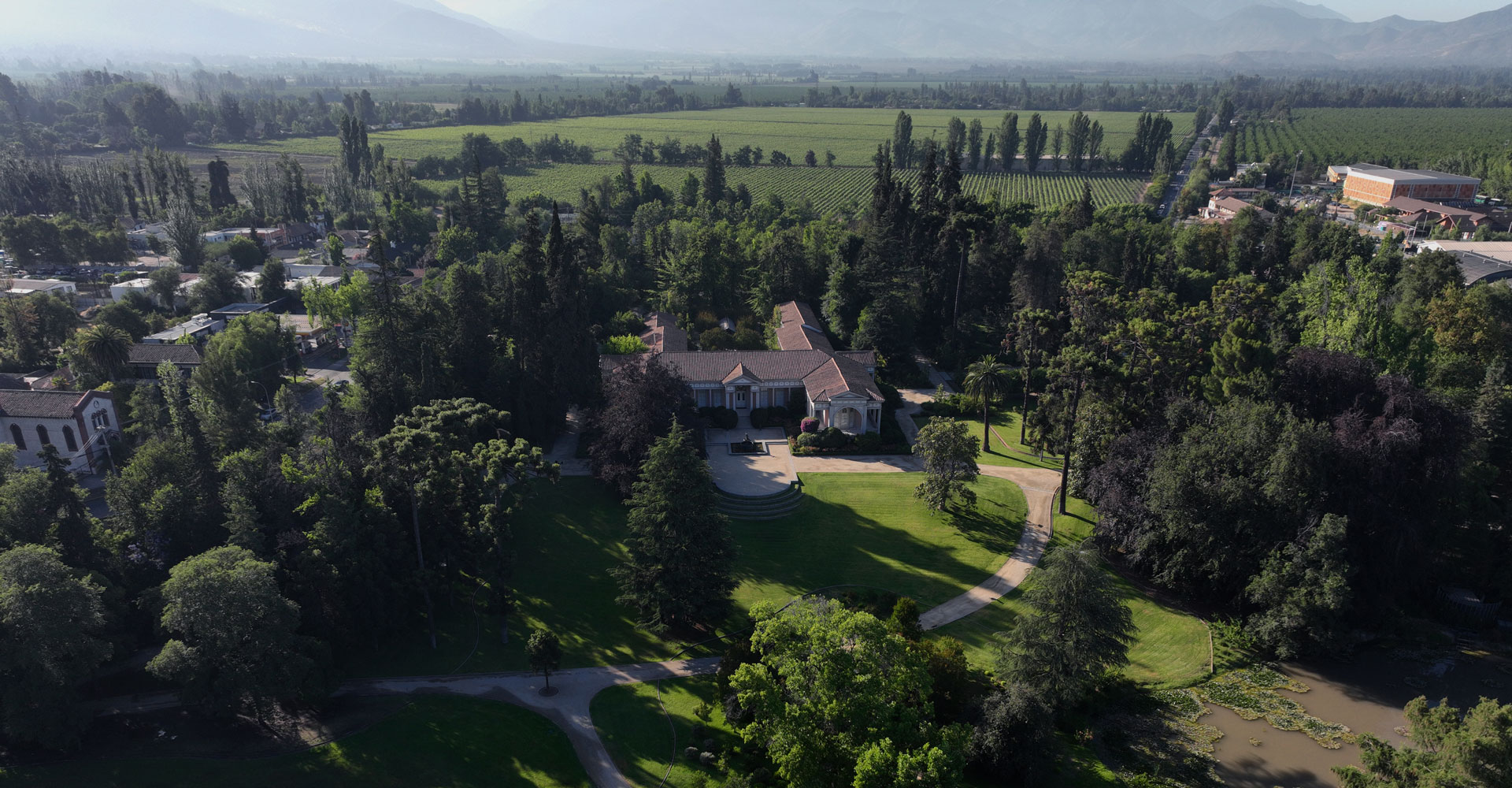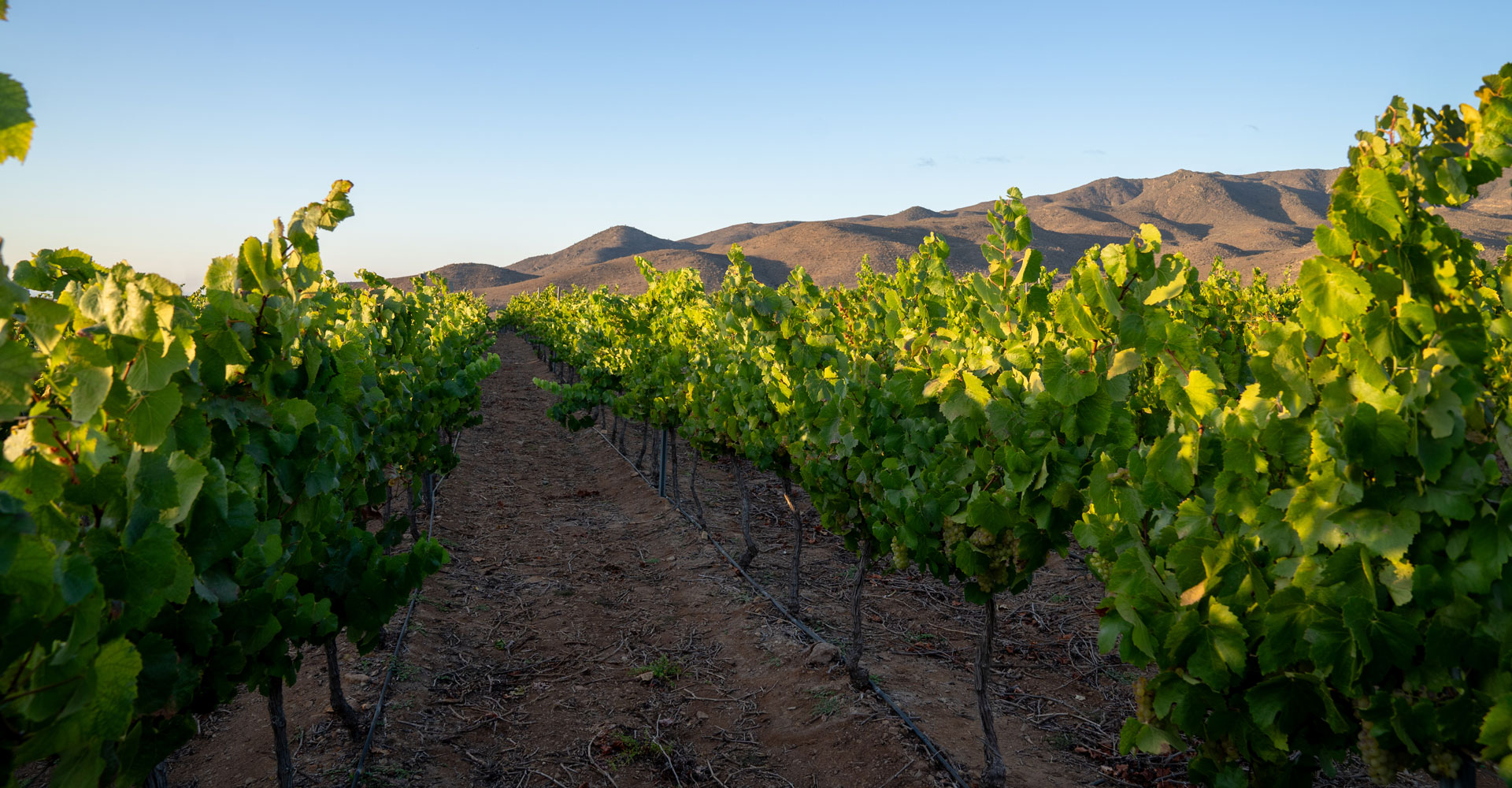8 de April de 2024
Viña Concha y Toro is international case study for its Sustainability strategy
The study of the Chilean company is part of a series of business cases presented by Climate Governance Initiative on companies that drive climate action from the board of directors.
Climate Governance Initiative, an international non-profit organization that seeks to promote board-level climate action, analyzed the experience of Viña Concha y Toro’s board in the company’s climate action initiatives and its commitment to be net carbon neutral by 2040.
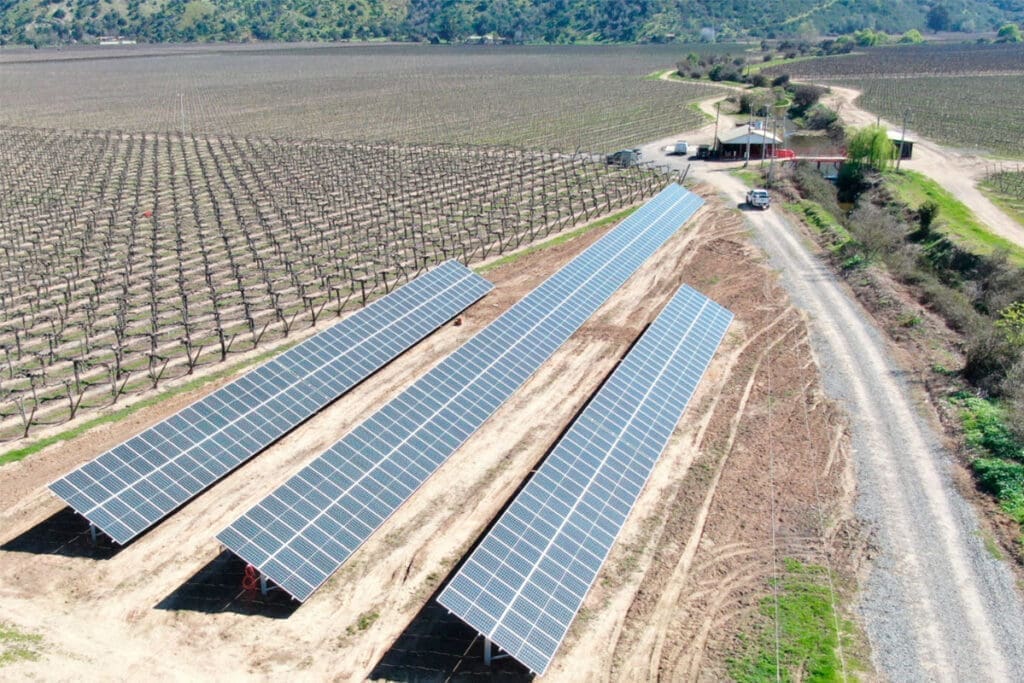
The Chilean company’s study is part of a series of business cases presented by Climate Governance Initiative on the experiences of leading companies driving board-level climate action. “These case studies highlight the climate and sustainability commitments, strategies and activities of organisations from diverse geographies and sectors,” the organisation explains on its website.
Regarding Viña Concha y Toro, the document called “Viña Concha y Toro: the role of the board in uncorking net zero” highlights that one challenge for the company is climate: “It actively considers the impact of climate and nature on its operations, as well as the risks that climate change poses to its business activities”.
As a solution, the report notes, the board and management are aligned with a clear and defined trajectory under the umbrella of its sustainability strategy.
For the author of the report, an important aspect at Viña Concha y Toro is the relevance of designing a comprehensive framework for decision-making, as well as having externally validated objectives.

“Because of the company’s own agricultural reality, the care of the land, the vines, the rational use of water, is something incorporated from the beginning of the business. In addition, the company’s global presence moved us very early on to seek high international standards in environmental matters,” explains Blanca Bustamante, director of Viña Concha y Toro and president of the Ethics and Sustainability Committee.
The current strategy with goals to 2025 is called Uncork a Better Future and the environmental commitments include a 10% reduction in water consumption per bottle compared to 2020; 50% reduction in fossil fuel consumption in our facilities compared to 2020; 35% reduction in CO2 emissions according to climate science compared to the base year 2017 and 100% of the vineyard surface with regenerative practices.
